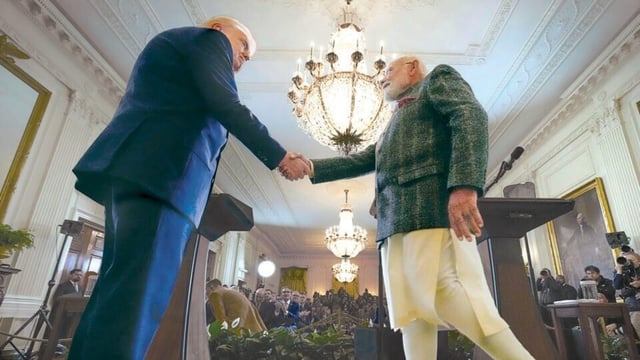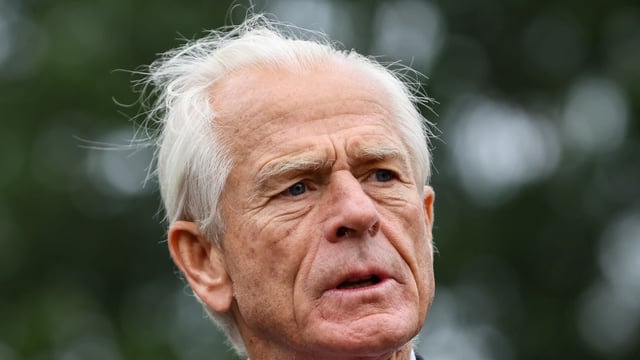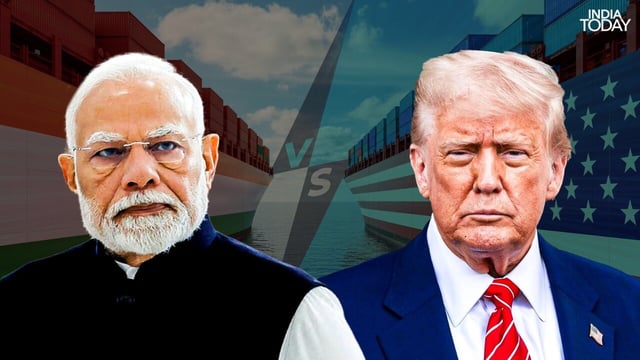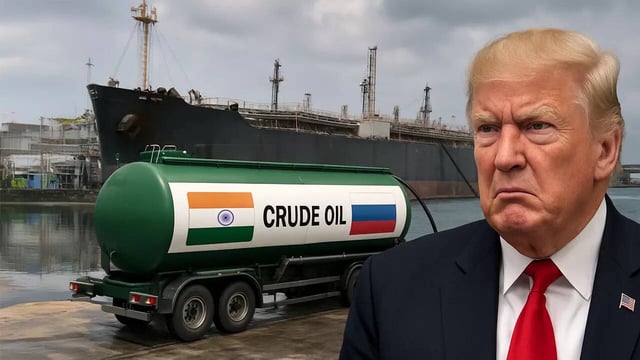Overview
- Trump’s policy levies a combined 50% duty on Indian goods, split between a 25% reciprocal tariff and a 25% penalty tied to purchases of Russian oil.
- The U.S. Court of Appeals for the Federal Circuit, in a 7–4 decision, struck down broad reciprocal tariff authority as unlawful, with the ruling stayed until October 14 to allow a possible Supreme Court appeal.
- Peter Navarro has defended the split tariff as a trade and national‑security measure while accusing India of profiting from discounted Russian crude and aiding Moscow’s war effort.
- Former U.S. official Evan A. Feigenbaum labeled Navarro “a loose cannon” and warned of damage to decades of bipartisan progress with India, while commentator Rick Sanchez called the policy disrespectful and “preposterous,” citing a Jefferies view that personal pique may be at play.
- India’s government has called the measures unjustified and rooted its Russian oil purchases in market and energy‑security needs, with ex‑diplomat Vikas Swarup stressing strategic autonomy and saying New Delhi “will not be dictated.”



